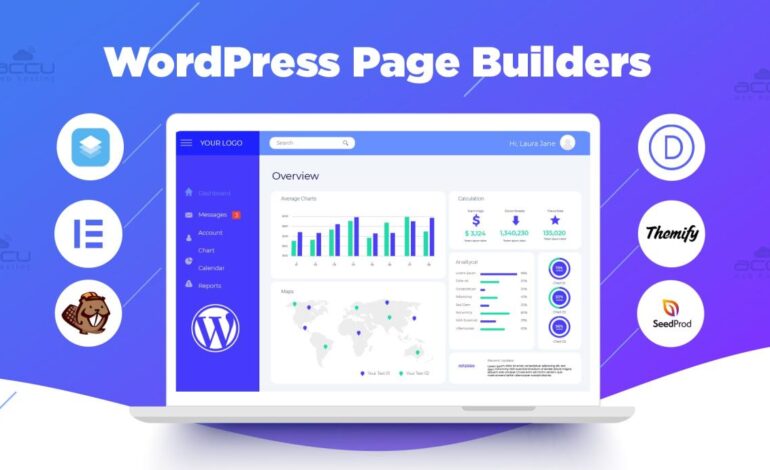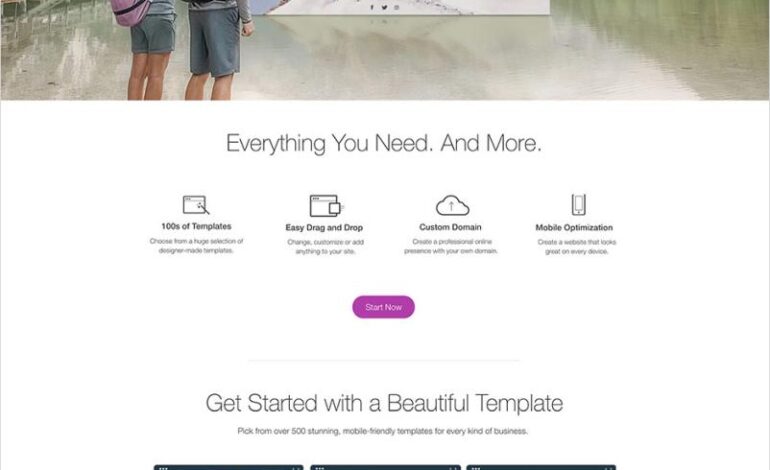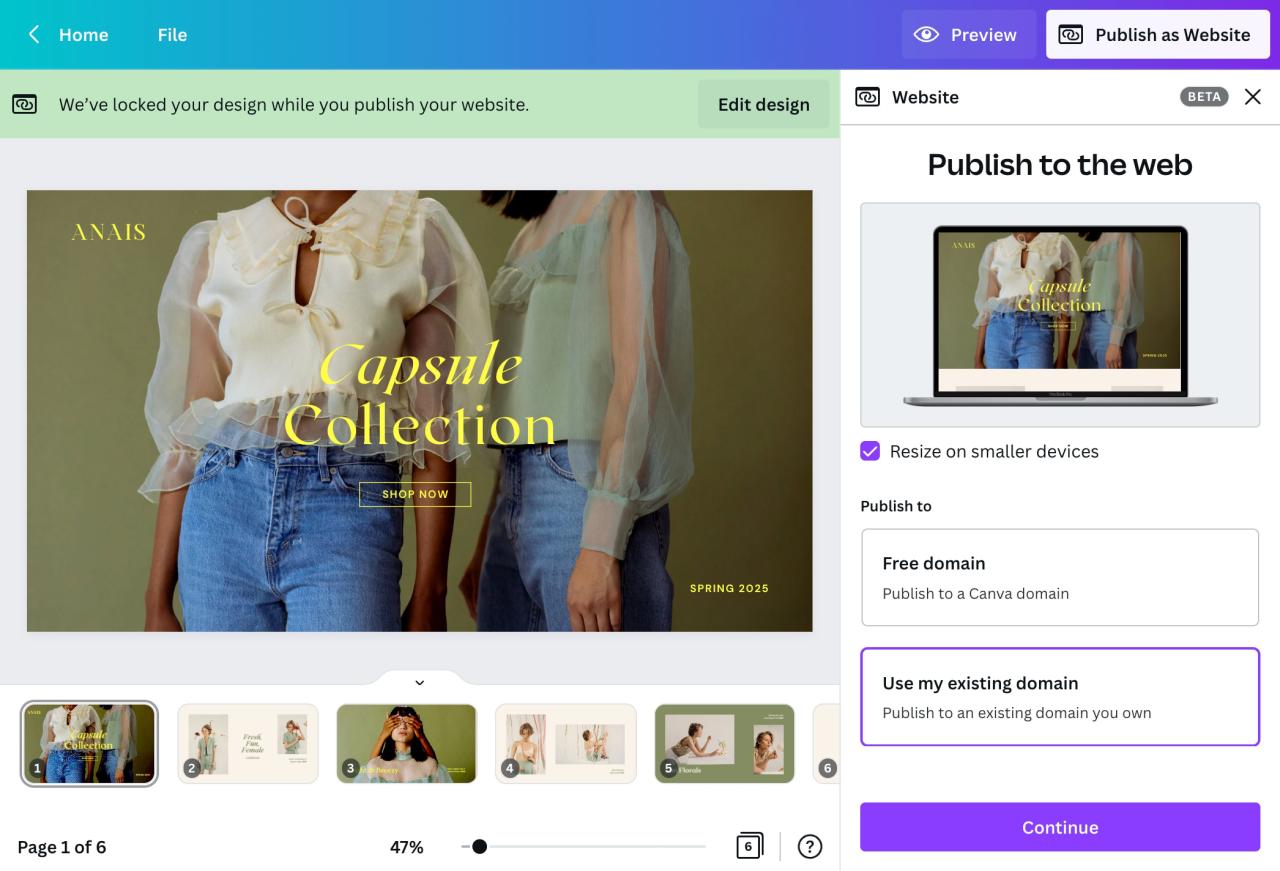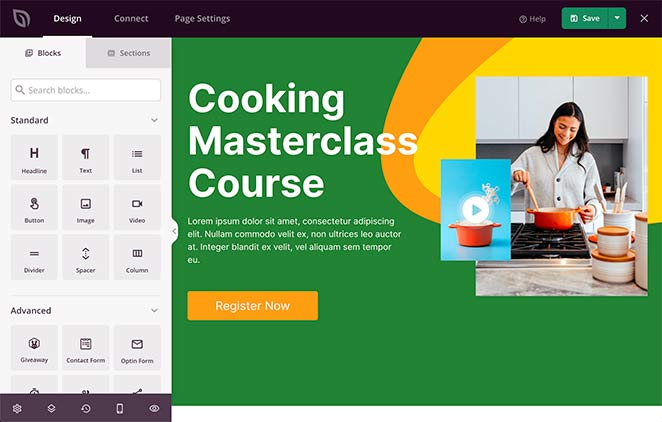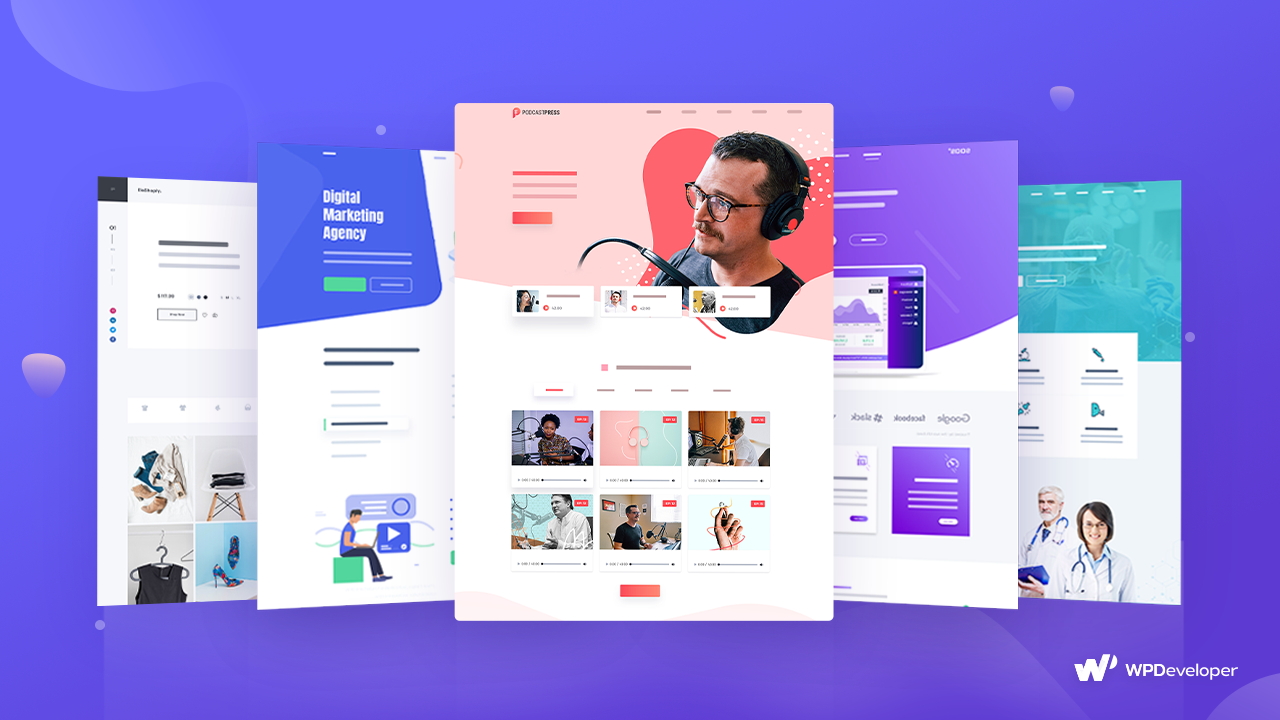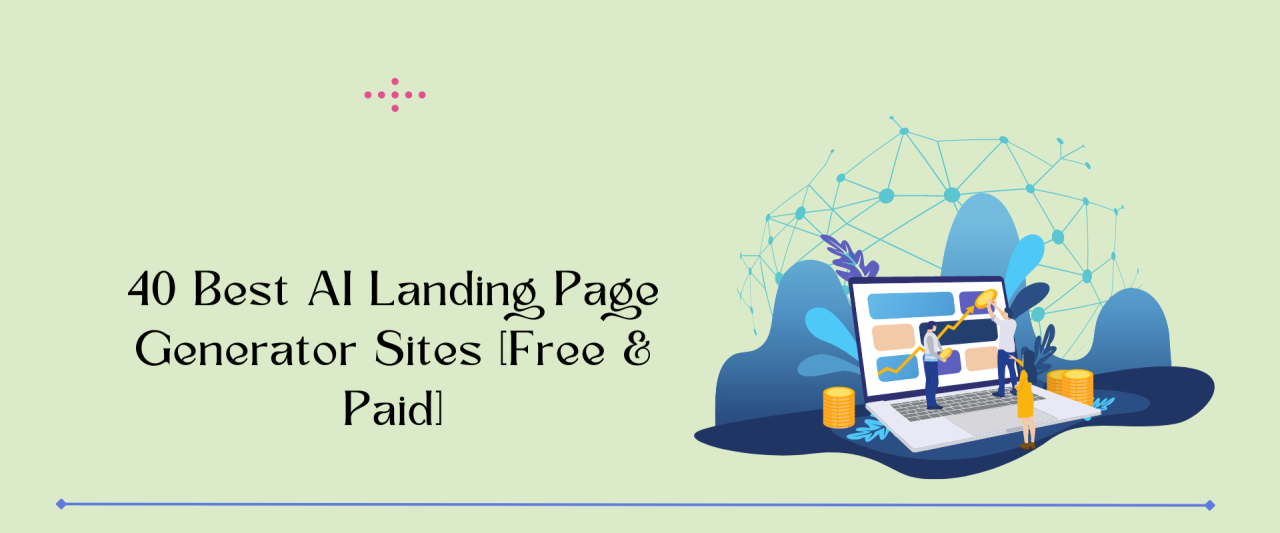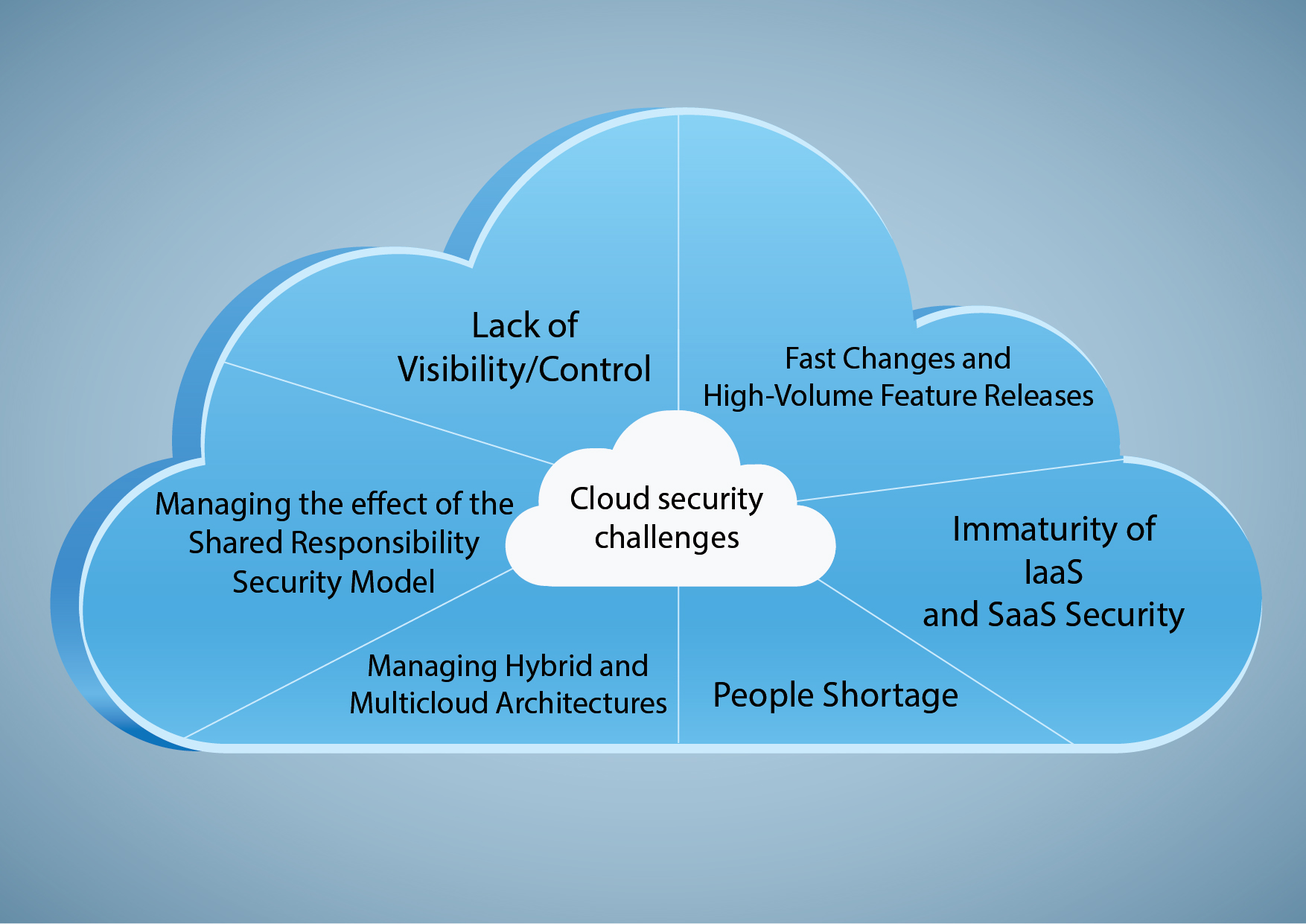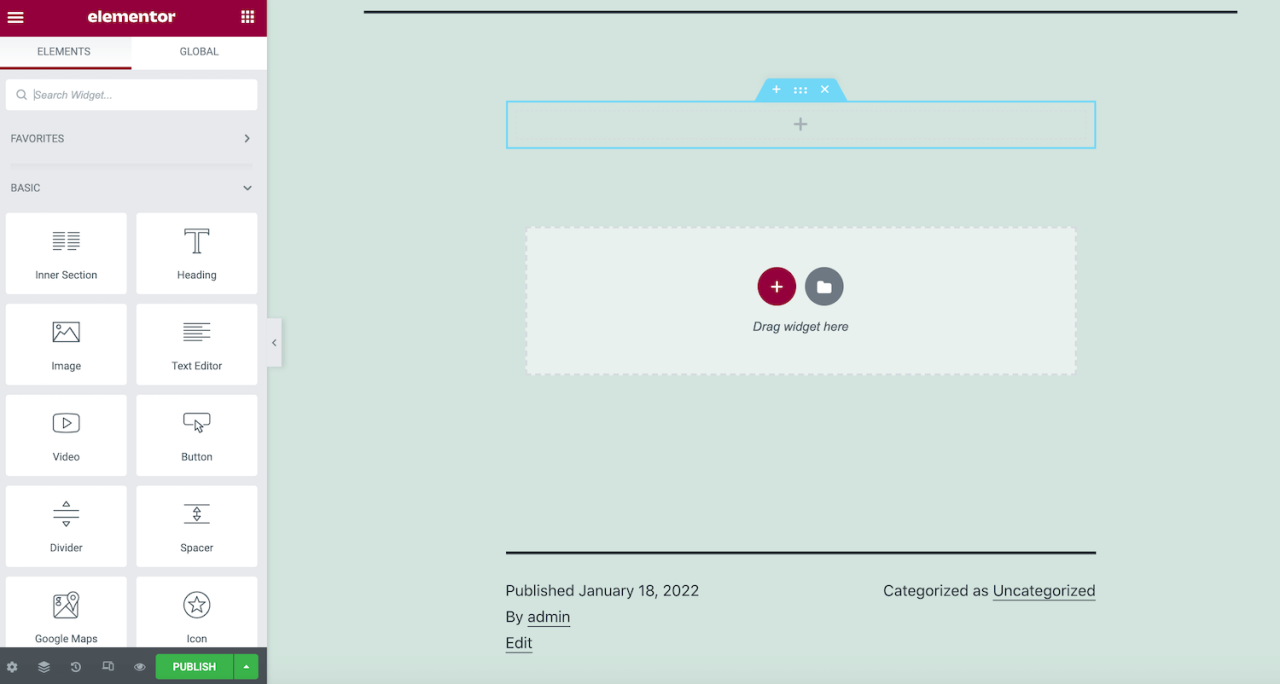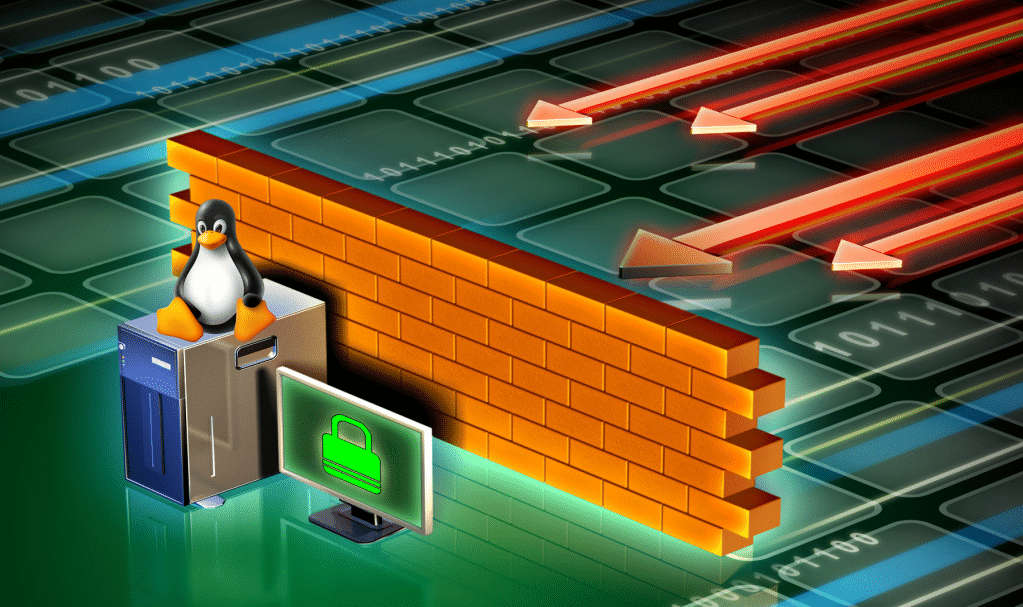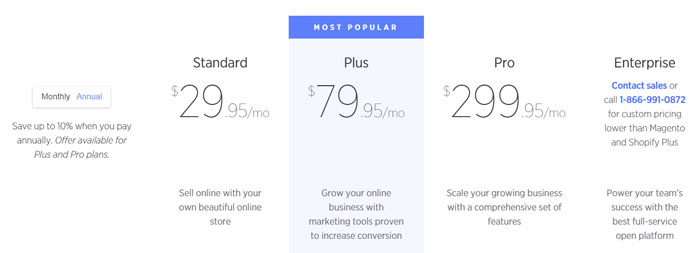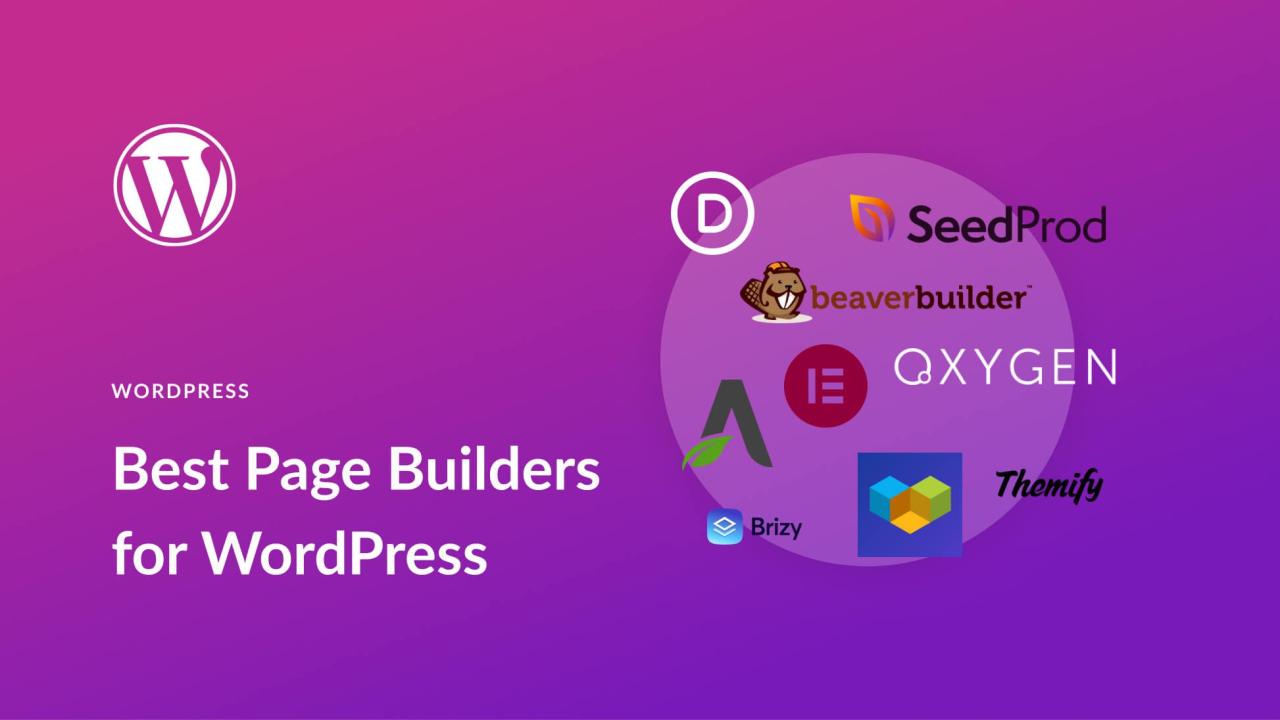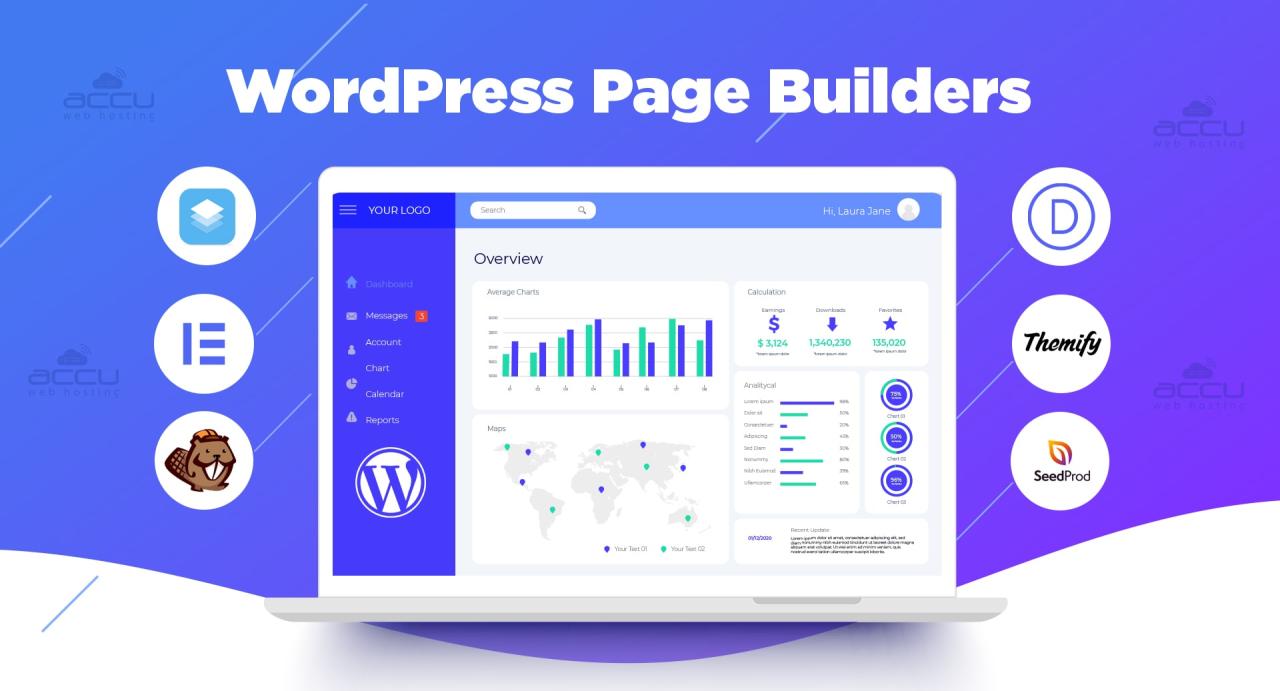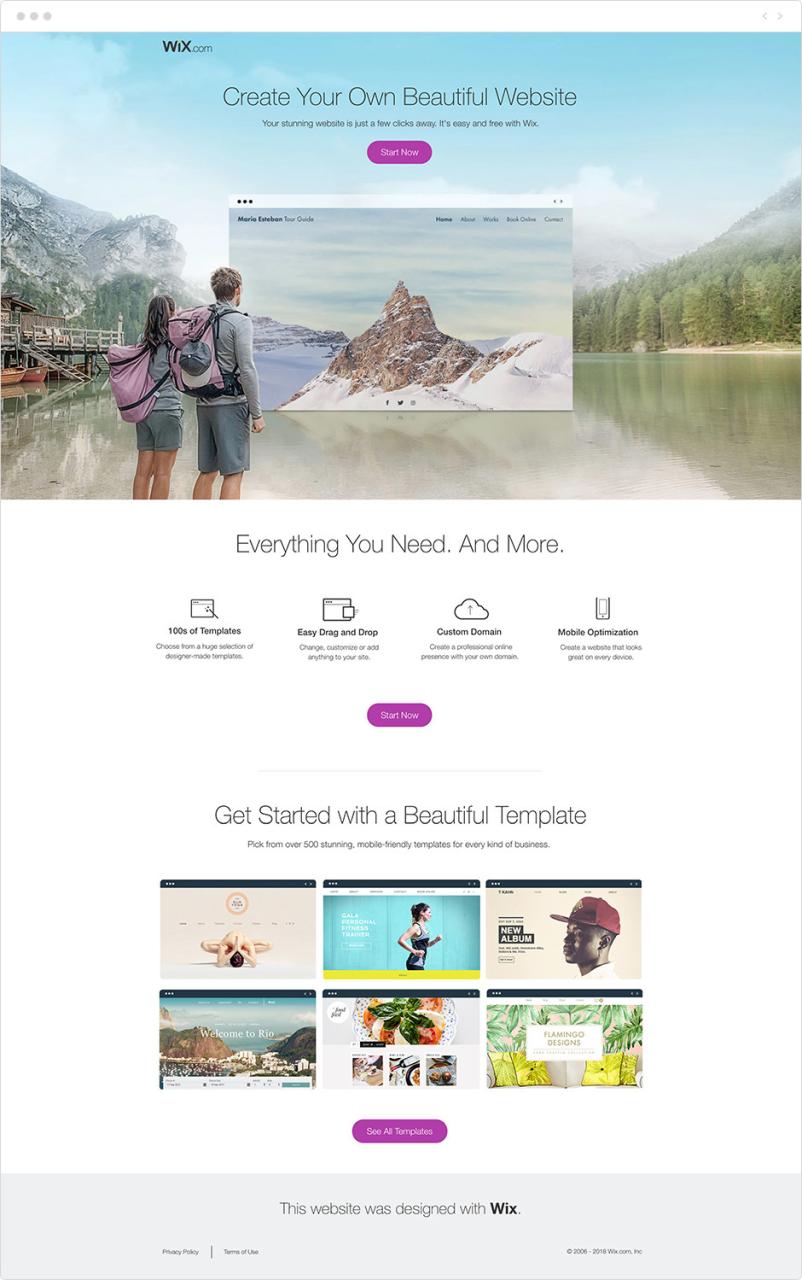Best Web Page Creator Build a Stunning Site Today
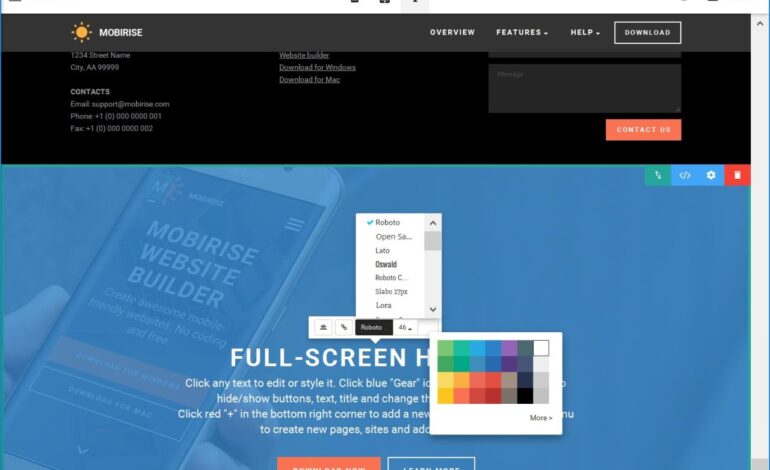
Ever dreamt of having your own corner of the internet, a place to share your passions, promote your business, or simply express yourself? The good news is, you don’t need to be a coding whiz to make that dream a reality.
Web page creators have democratized online publishing, empowering individuals and businesses alike to build stunning websites with ease. But with so many options available, navigating the landscape of web page creators can feel overwhelming. This article will serve as your guide, demystifying the different types of web page creators, outlining their key features, and helping you choose the perfect tool to bring your website vision to life.
Whether you’re a complete beginner or have some experience, you’ll discover how to create a professional and engaging online presence that truly represents you or your brand.
Unlocking Your Digital Canvas: A Deep Dive into Web Page Creators
Ready to build your corner of the internet? Web page creators are your ticket! Forget complex coding; these tools let you craft impressive websites with drag-and-drop simplicity. It’s empowerment in digital form!
They range from user-friendly platforms perfect for beginners to more advanced options for seasoned designers. Finding the right one hinges on what you need and how tech-savvy you are. Fear not, there’s something for everyone.
The rise of these creators democratizes web development, making it accessible to entrepreneurs, artists, and hobbyists alike. Imagine building a professional-looking website in a weekend, without writing a single line of code!
Think of it as digital Lego. You have pre-built blocks – text boxes, images, forms – and you arrange them to create the perfect structure. This visual approach eliminates the intimidation factor of traditional coding.
But which one is your perfect fit? Let’s explore the landscape and unearth the best options, features, and considerations to build your ideal website.
What Exactly Is a Web Page Creator?
At its core, a web page creator is a software application or online platform that allows you to design and construct websites without needing to write code. It uses a graphical user interface (GUI).
Instead of wrestling with HTML, CSS, and JavaScript, you interact with visual elements. These are like building blocks, allowing you to arrange and customize aspects like text, images, and videos.
This visual workflow makes web design approachable. It opens doors for those who lack traditional coding knowledge, enabling them to create and maintain professional-looking sites.
Many creators are browser-based, requiring no downloads or installations. Others might be desktop applications, offering offline capabilities and potentially more advanced features.
Essentially, it’s a bridge between your ideas and the internet, turning concepts into compelling web experiences. This empowers users to express themselves online, effortlessly.
Consider it your digital workshop, equipped with all the tools needed to shape your online presence. This can be a simple blog or a complex e-commerce store – the possibilities are vast.
Popular Web Page Creator Options: A Quick Overview
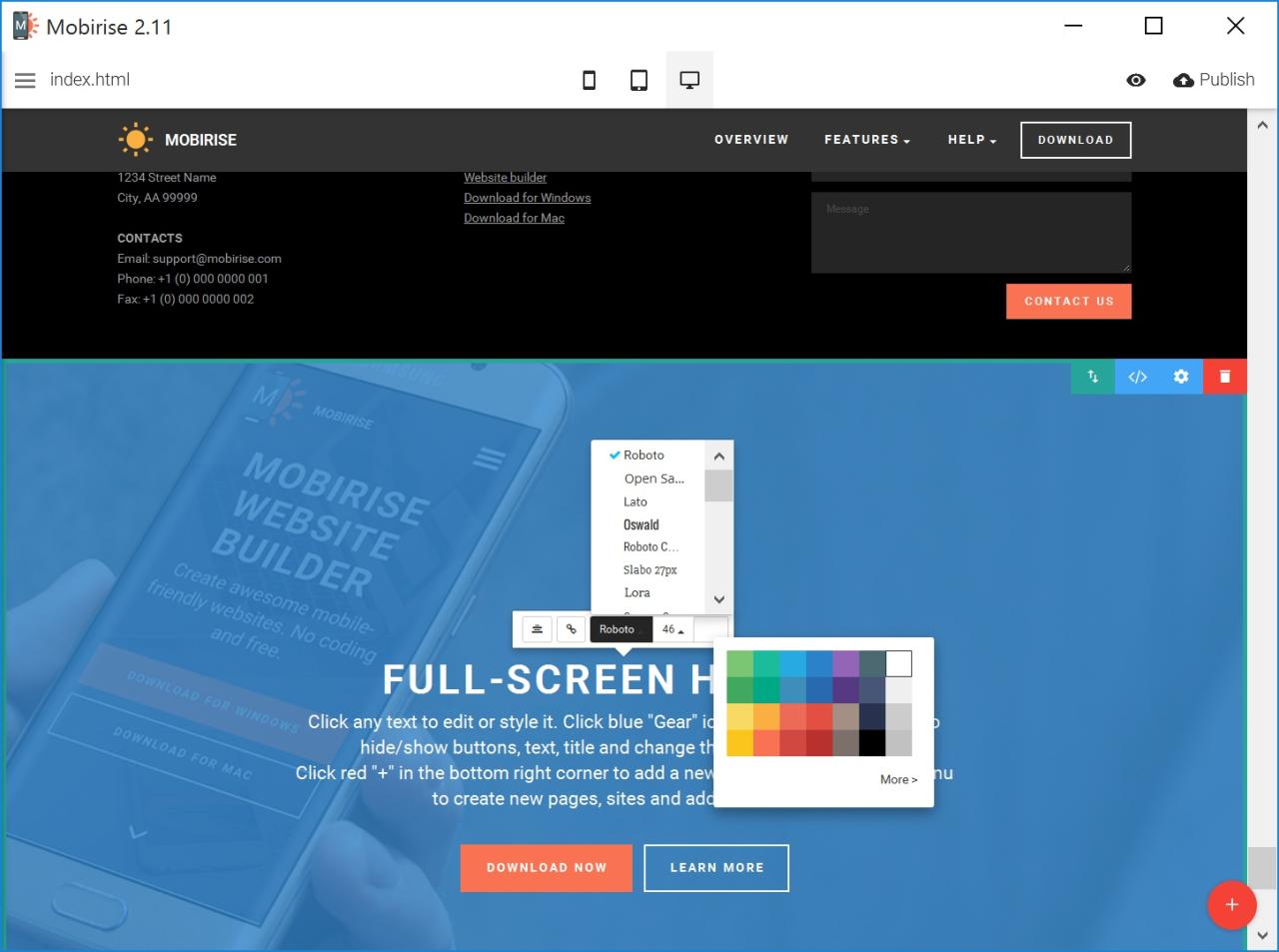
The landscape of web page creators is vast, with options to suit every need and budget. Let’s explore some popular choices and what makes them stand out from the crowd.
Wix: Known for its ease of use and extensive template library, Wix is a great choice for beginners. It offers a wide array of features, including e-commerce capabilities and marketing tools.
Squarespace: Renowned for its sleek and modern designs, Squarespace caters to creatives and businesses seeking a polished aesthetic. It’s simple to use and offers strong blogging tools.
Weebly: Another beginner-friendly option, Weebly provides a straightforward drag-and-drop interface and affordable pricing plans. It’s a solid choice for basic websites and online stores.
WordPress.org (with page builders): The self-hosted version of WordPress combined with a visual page builder like Elementor or Beaver Builder offers immense flexibility. This is better for more advanced users.
Shopify: Specifically designed for e-commerce, Shopify provides everything you need to set up and manage an online store. From inventory management to payment processing, it’s a comprehensive solution.
These are just a few examples, and each platform has its unique strengths and weaknesses. Choosing the right one depends on your specific goals and technical abilities.
Key Features to Look For When Choosing a Creator
Selecting the right web page creator is essential. Here’s what to consider: intuitive interface, customization options, responsive design, SEO capabilities, and integration options.
Ease of Use: A user-friendly interface is critical. A creator with a steep learning curve can quickly become frustrating. Look for drag-and-drop functionality and clear instructions.
Customization Options: Ensure the creator allows you to personalize your website’s design and functionality. Templates are great, but the ability to tweak them is essential.
Responsive Design: Your website should look good on all devices, from desktops to smartphones. Choose a creator that automatically optimizes your site for mobile viewing.
SEO Capabilities: Search engine optimization is crucial for attracting visitors. Look for features that allow you to optimize your website’s content and structure for search engines.
Integration Options: Can the creator connect with other tools you use, such as email marketing platforms or social media accounts? Seamless integrations can save you time and effort.
E-commerce Functionality: If you plan to sell products or services online, make sure the creator offers robust e-commerce features. This includes payment processing, inventory management, and shipping options.
The Pros and Cons: Are Web Page Creators Right for You?
Web page creators offer undeniable advantages but aren’t a perfect solution for everyone. Understanding both sides is crucial before diving in. Let’s explore those positives and negatives.
Pros: Ease of use is a major draw. No coding knowledge is needed, making web design accessible. Cost-effective options exist, often cheaper than hiring a developer.
Pros (Cont.): Speed is another plus. You can build a website quickly, thanks to drag-and-drop interfaces. A variety of templates and design options enable professional-looking results.
Cons: Limited customization can be restrictive for complex designs. SEO limitations are a concern, especially compared to hand-coded sites. Platform dependency locks you into one provider.
Cons (Cont.): Performance can be impacted. Code bloat from visual editors can slow down your website. E-commerce functionalities sometimes carry hefty transaction fees.
Ultimately, the right choice depends on your priorities. For simple sites and those seeking speed and ease, a web page creator is ideal. More complex projects may require a developer.
Consider these factors carefully. Do your research, and you’ll find the perfect tool to bring your website vision to life. Happy building!
